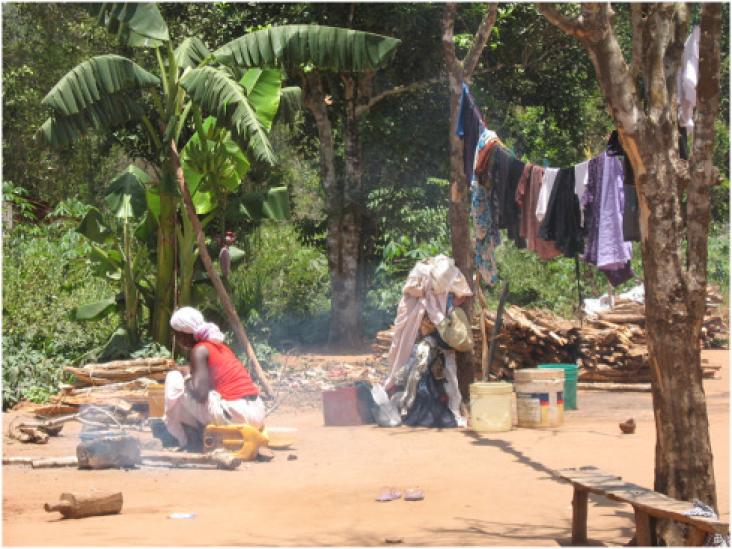The Impacts of Climate Change, A Comprehensive Study of Physical, Biophysical, Social, and Political Issues, 2021, Pages 19-50
The Impacts of Climate Change, A Comprehensive Study of Physical, Biophysical, Social, and Political Issues, 2021, Pages 521-535
Sustainability of Life Cycle Management for Nuclear Cementation-Based Technologies, Woodhead Publishing Series in Energy, 2021, Pages 181-232
Samuel M. Gorton, Chapter 41 - Integrated agroecological technology networks for food, bioenergy, and biomaterial production, Editor(s): Anju Dahiya, Bioenergy (Second Edition), Academic Press, 2020, Pages 767-788, ISBN 9780128154977, https://doi.org/10.1016/B978-0-12-815497-7.00041-5.
Kunal Singha, Subhankar Maity, Pintu Pandit, Saptarshi Maiti, Shanmugasundaram O. Lakshmanan, Chapter One - Nanotechnologies for wastewater treatment, Editor(s): Subramanian Senthilkannan Muthu, In The Textile Institute Book Series, Sustainable Technologies for Textile Wastewater Treatments, Woodhead Publishing, 2021, Pages 1-12, ISBN 9780323858298, https://doi.org/10.1016/B978-0-323-85829-8.00009-2.
Hybrid Nuclear Energy Systems, A Sustainable Solution for the 21st Century, Hybrid Energy Systems, 2021, Pages 23-41
Barefoot Global Health Diplomacy, Field Experiences in International Relations, Security, and Epidemics, 2021, Pages 51-73

